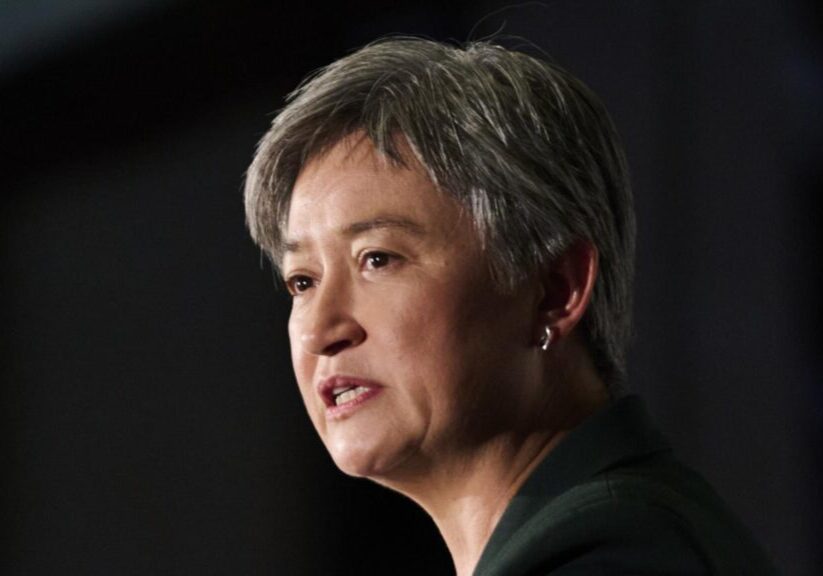IN THE MEDIA
Anniversary of Arab-Israeli war provides an opportunity
Jun 9, 2017 | Colin Rubenstein

Colin Rubenstein
The Courier-Mail – 9 Jun 2017
FIFTY years ago and 19 years after the 1948 War of Independence, Israel was once again dragged into an existential war.
Recently, Israel’s state archives released detailed original transcripts of Cabinet discussions before the war.
Conquest wasn’t on the minds of Israel’s leaders. Survival was.
Egyptian President Gamal Abdel Nasser’s blockade of the Straits of Tiran, his demand for the withdrawal of UN peacekeepers and his troop build-up in Sinai, totalling almost 100,000 soldiers and 1000 tanks, created a bleak picture. Numerous Arab leaders promised a war of annihilation.
IDF Chief of Staff Yitzhak Rabin warned that “if Israel doesn’t strike first, there would be a grave danger to Israel’s existence”.
Israel’s decisive victory that followed was a watershed event in the Middle East.
Israel expected the Arab countries to accept peace in exchange for the return of nearly all of the other territories captured in the war. Unfortunately, the Arab League famously responded with its “three noes”: no peace, no recognition and no negotiation with Israel.
However, the international community resolved not to force Israel into unilateral withdrawals that, it was widely understood, would only invite a future war.
Indeed, they had a precedent to look back on – the 1956 Sinai campaign, where Israel was pressured to totally withdraw in exchange for international guarantees that proved meaningless in 1967.
The result was UN Security Council Resolution 242 in November 1967. Its twin, indivisible principles called for Israeli withdrawal from territories captured during the war (but not “the” territories, allowing for negotiated border adjustments) and the right (implicitly for Israel, especially) to live in peace within secure and recognised boundaries.
Resolution 242 would form the basis for Israel’s 1979 peace treaty with Egypt and 1994 peace treaty with Jordan.
The 1967 war was the product of the refusal of the Arab world to accept Israel’s right to exist. Yet, since then, many have come to assert that Israel’s presence in the West Bank as a result of the 1967 war is the root cause of the conflict. This ignores not only what happened before 1967, but the fact that Palestinian leaders have since rejected out of hand at least three different far-ranging peace offers from Israel that would have given Palestinians a state in virtually all of the West Bank and Gaza.
Those who view the Six Day War anniversary solely in terms of the slogan that it began “50 years of occupation” miss the irony that the Palestinians are indisputably much closer to national self-determination today than they were in 1967.
Indeed, a strong case can be made that, by gaining control of the West Bank and Gaza in that year, Israel facilitated rather than impeded progress toward Palestinian statehood.
There is a very good chance that a Palestinian state would not today be on the world’s agenda had Israel not captured the West Bank and Gaza in 1967, given it had been a non-starter from 1949-1967 when these areas were under Jordanian and Egyptian control respectively.
In 1967, few suggested Israel should turn the territories it captured into a Palestinian state. In fact, the Charter of the Palestine Liberation Organisation itself specifically rejected any such state in the West Bank and Gaza.
Almost everyone’s assumption over the next two decades was that any peace deal for the West Bank under 242 would be made with Jordan. It was not until after 1988, when Jordan renounced its claims to the West Bank, that the contemporary “two-state resolution” became the dominant peacemaking paradigm.
And just a few years later, the Oslo process saw the establishment of the Palestinian Authority and, effectively for the first time in history, Palestinians in the West Bank and Gaza ruled themselves, though of course not yet in a fully sovereign state. For more than two decades now, all Gazan Palestinians, and more than 95 per cent of West Bank Palestinians, have lived under Palestinian governance.
Meanwhile, regardless of how unacceptable the status quo may be for the Palestinians, it would be a grave mistake to assume that there are better options available in the near term, or that missteps couldn’t make things worse.
Much as the 1967 war marked a turning point in the Arab world’s acceptance of Israel’s permanence in the Middle East, it must be hoped that the half-century milestone since the Six Day War will be an occasion for Palestinians to choose a new path in their relationship with Israel, one of flexibility, compromise and conciliation.
US President Donald Trump’s stated desire to broker an Israeli-Palestinian peace deal appears to present Palestinian President Mahmoud Abbas with yet another opportunity to engage seriously with Israel for peace and end the conflict. Will this be the year that a Palestinian leader has the courage to finally accept the challenge?
Dr Colin Rubenstein is executive director of the Australia/Israel & Jewish Affairs Council.
Tags: Israel











